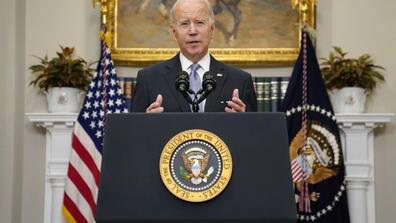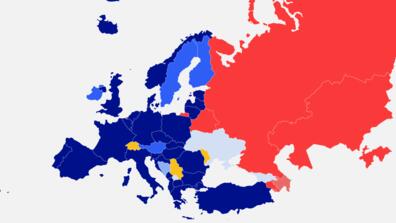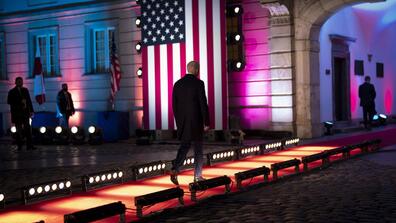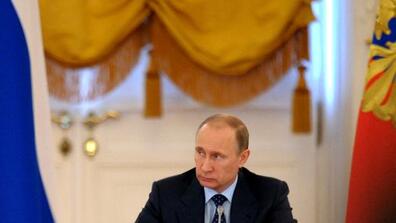The Wall Street Journal
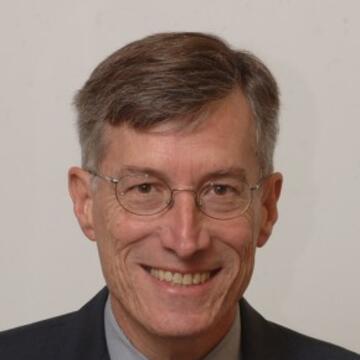
Stephen Sestanovich
Kathryn and Shelby Cullom Davis Professor Emeritus for the Practice of International Diplomacy

Personal Details
Focus areas: U.S. foreign policy, Russian politics and foreign policy, diplomacy
Stephen Sestanovich joined SIPA's faculty in the fall of 2001 as the Kathryn and Shelby Cullom Davis Professor of International Diplomacy. He is also the director of the International Fellows Program and the author, most recently, of Maximalist: America in the World from Truman to Obama (Knopf, February 2014).
Professor Sestanovich has had a long and diverse professional career, serving both in and out of government. From 1997 to 2001, he held the position of ambassador-at-large and special advisor to the Secretary of State on the New Independent States (NIS). In this role, he was responsible for the overall coordination of U.S. policy toward the states of the former Soviet Union, both within the State Department and with other agencies of the U.S. Government. He served as the principal public spokesman for the administration and the Department of State before Congress and the public on policy toward the NIS.
Before joining the State Department, Ambassador Sestanovich was the vice president for Russian and Eurasian Affairs at the Carnegie Endowment for International Peace, where he oversaw the Endowment's policy research center in Moscow and its program of post-Soviet studies in Washington. From 1987 to 1994, he was director of Russian and Eurasian Studies at the Center for Strategic and International Studies. From 1984 to 1987, Dr. Sestanovich was senior director for policy development at the National Security Council. He served as a member of the Policy Planning Staff at the Department of State from 1981 to 1984, and was senior legislative assistant for foreign policy to Senator Daniel Patrick Moynihan from 1980 to 1981.
Professor Sestanovich’s principal research interests include Russian and post-Soviet politics and foreign policy, and American foreign policy. He has written on these subjects for Foreign Affairs, Foreign Policy, The Journal of Democracy, The New York Times, The Wall Street Journal, The Washington Post, The New Republic, and other publications. Dr. Sestanovich was the principal author of Russia’s Wrong Direction: What the U.S. Can Should Do (2006), an Independent Task Force Report of the Council on Foreign Relations. Volumes he has edited include Rethinking Russia's National Interest (1994), Coping With Gorbachev's Soviet Union (1988), and four volumes of Creating the Post-Communist Order, a series published by the Center for Strategic and International Studies.
Ambassador Sestanovich is the George F. Kennan Senior Fellow in Russian and Eurasian Studies at the Council on Foreign Relations, and serves on the Board of Directors of the National Endowment for Democracy.
Dr. Sestanovich earned a BA degree summa cum laude from Cornell University in 1972 and a PhD in government from Harvard University in 1978. From 1978 to 1980, he was assistant professor of political science at the Graduate Faculty of the New School for Social Research; and from 1979 to 1980, visiting assistant professor of political science at Columbia University.
Education
- PhD in Government, Harvard University
- BA, summa cum laude, Cornell University
Affiliations
- Board, National Endowment for Democracy
- Fellow, Council on Foreign Relations
Research And Publications
The Wall Street Journal
The Washington Post
The Wall Street Journal
The Wall Street Journal
In The Media
“What puts an end to retrenchment is almost always some sort of shock,” Stephen Sestanovich comments, that “makes people think downsized policies, however desirable they might have seemed earlier, just won’t cut it in a more dangerous world.”
Ukrainian President Volodymyr Zelenskyy told Russian journalists that his country would consider neutrality to end the month-old war with Russia “without delay.” Stephen Sestanovich said it could mean Ukraine agrees not to join military alliances or allow foreign military bases inside its borders.
The unfortunate fact, says Stephen Sestanovich, is that “the bad guys have a lot of advantages in Russian politics. Any good guy in a position to do so has to make sure, next time around, that the institutional framework that has helped the bad guys is changed.”
“People who say he’s long had a lot of anger toward the West are right, but what seems to have changed is his sense of proportion, of what he can get away with and what he should risk,” Stephen Sestanovich comments on Putin's behavior after the invasion of Ukraine.
This Columbia News feature highlights multiple experts from SIPA and its centers, including Stephen Sestanovich, Jason Bordoff, Kimberly Marten, Ian Bremmer and others.
